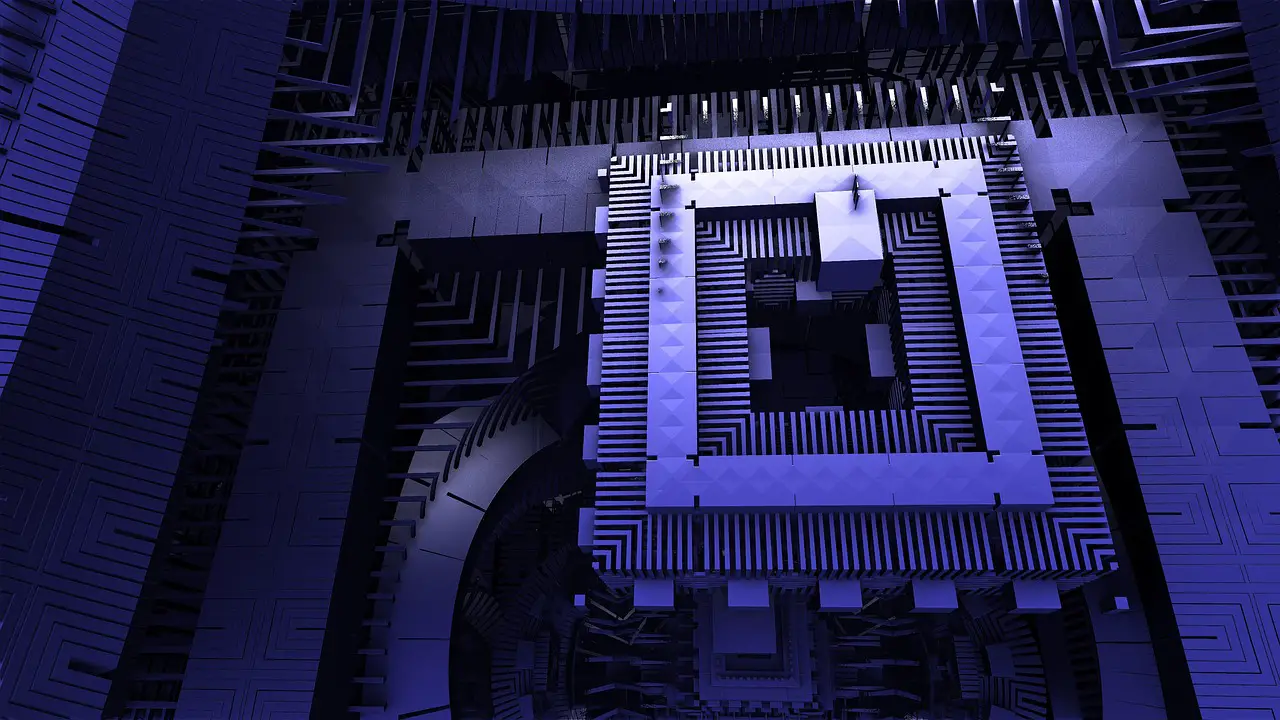
A team of scientists in China has conducted the world’s first “effective” quantum attack on a classical encryption method. The attack was carried out using a standard quantum computer from the Canadian company D-Wave Systems, according to the South China Morning Post.
The researchers successfully breached cryptographic algorithms widely used in critical sectors such as banking and defense, warning that this breakthrough poses a “real and significant threat.”
Wang Chao led the study from Shanghai University. The team targeted Substitution-Permutation Network (SPN) algorithms, including Present, Gift-64, and Rectangle.
SPN algorithms form the foundation of the Advanced Encryption Standard (AES), with AES-256 sometimes referred to as the “military standard” and considered resistant to quantum attacks.
Details of the attack method remain unclear, and Wang declined to disclose further specifics in an interview with the South China Morning Post due to the “sensitive nature” of the topic. However, the researchers cautioned that the prospect of encryption being compromised is now closer than ever.
“This is the first instance where a real quantum computer presents a tangible and substantial threat to a wide array of full-fledged SPN algorithms in use today,” according to the peer-reviewed article published in the Chinese Journal of Computers.
D-Wave Systems claims to be the world’s first commercial provider of quantum computers. Its clients include Lockheed Martin, NASA, and Google.
Most existing universal quantum systems are not yet considered advanced enough to pose a threat to modern cryptology. It is anticipated that “useful” quantum machines will emerge only in the coming years.
Nevertheless, the potential capability of quantum computers to solve extremely complex problems and break most public-key algorithms is a cause for concern. In response, efforts are underway to develop “quantum-resistant” cryptography.
Earlier this year, the National Institute of Standards and Technology (NIST) released the final set of core encryption algorithms designed to safeguard against future cyberattacks generated by quantum computers.


